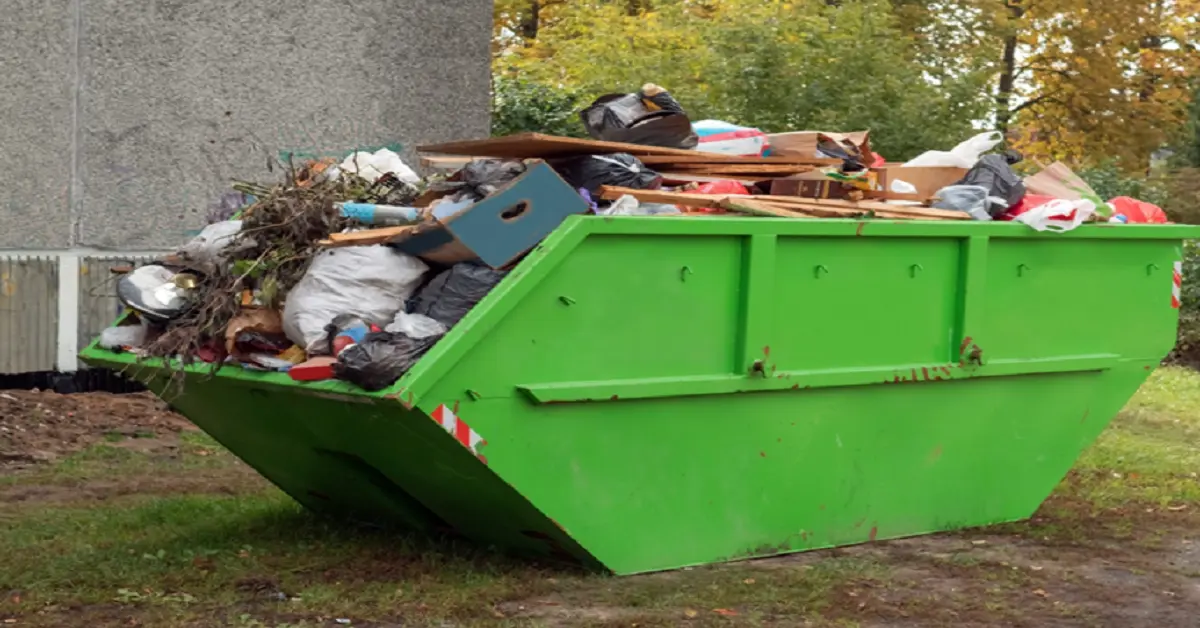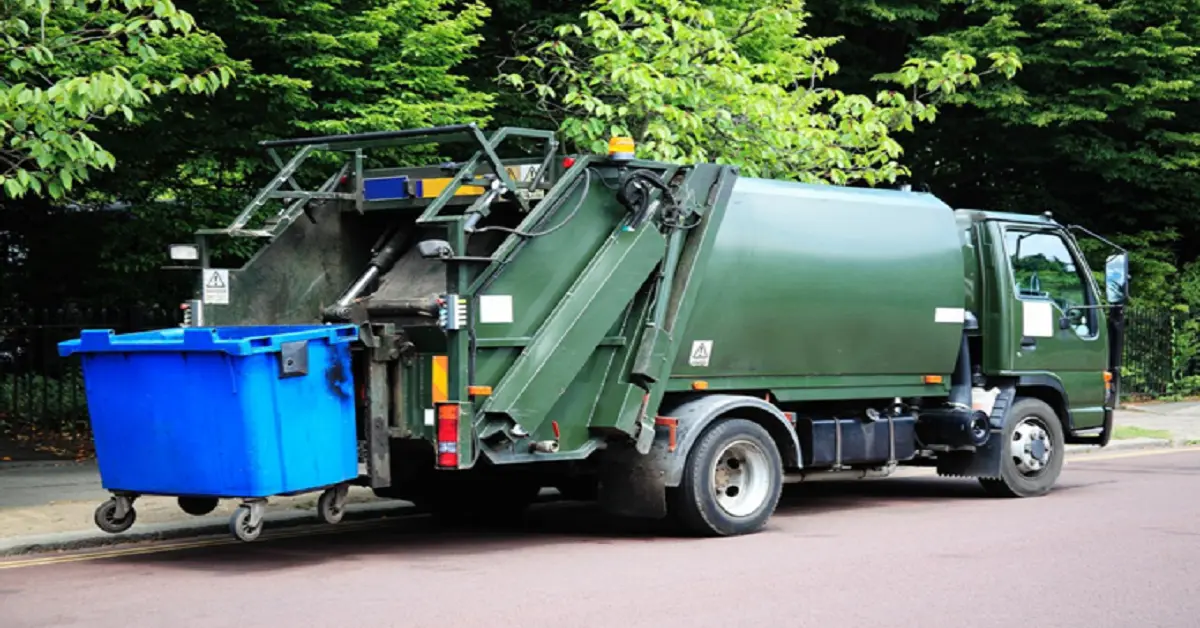Frequently Asked Questions about Sydney Rubbish Removal

removal is something that is taken seriously inAustralia as it should. In fact, there are three levels of government regulations that have been put in place to ensure proper adherence. These include the federal, the state and the territories.
To help ensure that you do not run afoul of any these regulations, we will take some time to answer some frequently asked questions regarding Sydney rubbish removal.
FAQ about Sydney Rubbish Removal
So, let’s begin to answer those frequently asked questions:
What items can be included in regular household waste in Sydney?
There is a wide list of items that can be included in your general or regular household waste. These will usually include organic waste and other items that may not be recyclable.
Examples include:
- Food scraps, egg shells, coffee grounds,
- Fruits and vegetable remains, garden trimmings etc.
- Tissue paper, soiled and unusable packing paper, cardboard, paper towels etc.
- Non-recyclable plastic pieces, plastic packaging materials, bags and wrappers.
- Old clothing items, pieces of rag etc.
- Non-recyclable metals, bottle caps, metals pieces, broken utensils etc.
In some cases, a separate bin may be provided for disposing of organic wastes like the kitchen wastes.
What are the guidelines for separating recyclables from general waste in Sydney?
In general, there are always guidelines for separating recyclable wastes from general wastes. These guidelines generally include the following:
- Understanding what can be Recycled – Residents are encouraged to take some time to understand what wastes can be recycled and what cannot be recycled. This knowledge helps make the entire process easier for all involved.
- Using Designated Recycle Bins – Recyclable waste must be kept in a separate bin that is clearly designated as such. It’s common to have the council provide bins with specific colouring such that recyclable waste can easily be identified by the disposal agents. For cases where multi-compartmentalized bins are provided, residents are expected to sort these recyclable items by type into the different compartments.
- Keep the Bin Dry – For recyclable waste, it is important to ensure that the items are dry. You may therefore need to wipe any moisture off them before putting them in the bin.
- Keep the Bin Free of Contamination – The bin designated for recyclable waste must be free of contaminants that can hamper the recycling process. It’s therefore important that you do not drop other types, especially organic wastes, in this bin.
In addition to the above, some areas may offer additional options which may include having specific types of materials dropped off at specific locations. You should find out if this is applicable in your location. You can check out some of the extra services offered by the City of Sydney Council here: https://recyclingnearyou.com.au/.
What is the frequency of waste collection by the local council in Sydney?
There are a variety of collection services and collection frequencies that local councils in Sydney offer. Frequency is usually any of the following:
- Weekly – for highly populated areas with a likelihood of generating huge amounts of waste daily.
- Every Two Weeks – This is usually for the suburbs where the general waste generation may not be as high as what is obtainable in the cities or more densely populated areas.
Aside from frequency, there are also collection variations that may be obtainable. Examples include:
- Green Waste Collection – This refers to a special collection arrangement in which only green or vegetative wastes are collected at given times. This can be scheduled to coincide with times of the year when these greens are likely to be in greater abundance.
- Mixed Collections – This is a common variation in which the waste collectors receive both recyclable and non-recyclable wastes at the same time. Residents would often be expected to have separated their wastes properly on predefined classifications.
- Bulk Waste Disposal – This service allows residents to dispose of wastes that are larger than normal. It is often based on pre-arranged schedules with the waste collectors.
How should I handle hazardous waste materials in Sydney?
Handling of hazardous wastes like batteries, chemicals, and other such harmful materials requires some care. To this end, the following are important:
- Identification – It is important that residents can identify and classify their harmful wastes appropriately. Only when these hazardous materials are clearly known, can they be properly dealt with.
- Separation – After identifying these items, they should be separated from other types of waste. If possible, they should be kept in a separate container that is clearly designated for this. This step is important to avoid contamination and risks to children and pets around.
- Check for E-Waste Services – There are E-waste services that can come in useful here. With these services, you can easily dispose of your old electronics, laptops, computers and devices that can contain harmful materials.
- Look for Cleanout Programs – Some cities offer chemical cleanout programs which allow residents to remove their harmful materials safely and at no cost. Check to know if and when such will take place in your area.
- Safe Handling – Hazardous materials must be handled with utmost care. Be sure to wear gloves, masks and any necessary protective gear when handling these materials.
I have a bulky waste.Can I request a collection for it in Sydney?
Yes, you can request to have your bulky wastes removed. Of course, this is different from your regular waste removal and will often attract additional terms. You may need to do the following:
- Contact Your Local Council – Unless you are using a private company, you may need to contact your local council to get more details on this. Of course, there are private companies that can help you with this and you can read more here about them. Using private companies will make things a bit easier for you but may cost a bit more.
- Check Your Eligibility – While making findings from your council, you will want to know if you are eligible for this service. Your findings will determine if you will be better off with a private company.
- Scheduling – If your eligibility is confirmed, you will need to schedule the collection date. This is necessary to ensure you have everything ready for the day.
- Prepare Items for Collection – Once you’ve scheduled for collection, you should prepare the items you need collected so the process can be smooth and quick. You shouldn’t be sorting the items when the collection agents are already at your door.
Can I request for additional waste collections for a special event or excess waste in Sydney?
Yes you can. Whether for special events or to have excess waste collected, your local council or private removalists can help with this. Such requests are common for special events in which more waste than normal may be generated, as well as renovation and construction sites.
Should you choose to work with your local council, you will need to contact them and arrange for the collection. In certain cases, companies can work with you to drop bins or provide simple solutions that will make the refuse removal easy and fast. You will always have the choice of working with your local council or private companies.
Does improper waste disposal or illegal dumping in Sydney attract any penalty?
In Sydney and indeed all of Australia, improper waste disposal and illegal dumping is taken as a serious offence because of the health hazard that it poses. Of course, there’s also the degrading effect it has on the environment. These offences carry penalties which can include:
- Fines – Fines can be imposed on offenders by any of the local, state or federal agencies tasked with keeping the environment clean. The fine can be immediately administered on the spot by government officials or they can be given after investigations and deliberations. How much the fine will be will depend on factors such as type of waste, quantity of waste etc.
- Cleanup Order – An individual or a business can be ordered to cleanup an improper disposal or dumping. This can be in addition to a fine or just a stand-alone order with the threat of severe consequences if the cleanup is not carried out.
- Prosecution – In really serious cases, especially where lives are endangered, offenders can be prosecuted with intent to get stiffer punishments. This can be huge fines or even prison time.
- Revocation of Licenses or Permits– This usually applies to businesses that generate loads of waste or manage waste generated by others. They will usually require government permit and these permits are often hinged on their ability to operate within the guidelines stipulated by the regulatory agencies.
Can I hire a private waste removal service in Sydney?
Yes you can! There are several private waste removal companies that operate in Sydney. These companies are licensed by the government to handle and manage all kinds of waste. Some of the services that you can get from these private companies include:
- Cardboard removal
- Commercial rubbish removal
- Deceased estate rubbish removal
- Electronic waste disposal
- Furniture removal
- Garage cleanups
- Green waste disposal
- Hard rubbish removal
- Light construction waste removal
You just need to identify the area of your need and choose a company with the expertise to handle it.
Conclusion

We’ve taken some time to look at some of the common questions that you may have regarded waste removal in Sydney. With the answers you have received, you are now in a better position to manage your wastes more efficiently.
[…] up automated responses to frequently asked questions or common inquiries, ensuring that your customers receive timely information even when […]